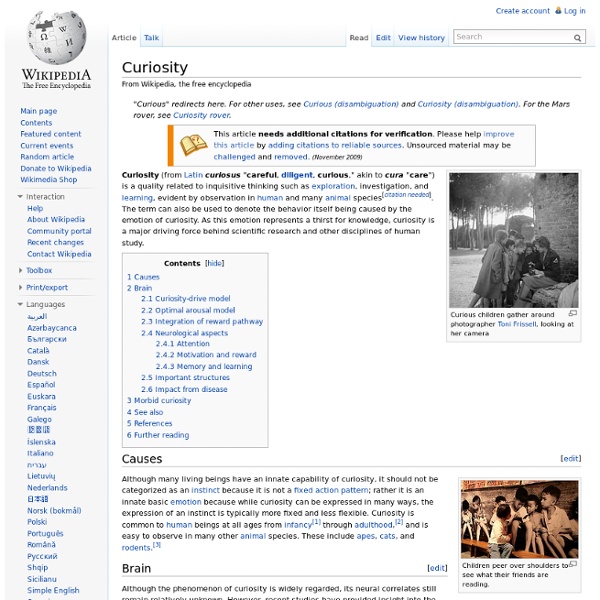The Stoic: 9 Principles to Help You Keep Calm in Chaos
Observing individuals who lead a creative life, we can identify elements of expertise, grit, an understanding, and passion. What’s easy to overlook is the inner system within an individual—the set of principles that govern their mind and behavior. When failure ensues or the need to adapt is necessary, how does one respond? What do they tell themselves? In other words, what’s their philosophy? Not only does philosophy teach us how to live well and become better humans, but it can also aid in overcoming life’s trials and tribulations. The principles within Stoicism are, perhaps, the most relevant and practical sets of rules for entrepreneurs, writers, and artists of all kinds. How can we lead a fulfilling, happy life? It’s important that we understand the obstacles that we face and not run from them. Our guides to Stoicism today will be its three renowned leaders: Epictetus, Marcus Aurelius, and Seneca. Seneca was also a Roman Stoic philosopher, statesman, a tutor and advisor to Nero. 1. 2.
Culturosity.com, Come Grow Your Global Mind
The Neglected Virtue of Curiosity
Curiosity is the most superficial of all the affections; it changes its objects perpetually; it has an appetite which is sharp, but very easily satisfied; and it has always an appearance of giddiness, restlessness and anxiety. - Edmund Burke, A Philosophical Enquiry into the Origin of our Ideas of the Sublime and Beautiful Curiosity is the first virtue: "[a] burning itch to know is higher than a solemn vow to pursue truth." Yet I find surprisingly little material about curiosity on Less Wrong. Sure, AnnaSalamon shows us how to use curiosity, lukeprog ponders what curiosity looks like, Elizabeth discusses the limits of curiosity, and Eliezer_Yudkowsky offers the meditation on curiosity. But we have never been provided with an overview of the science of curiosity, as has been done for procrastination, motivation, and happiness, for instance. What is curiosity, and how can we become more curious? Curiosity: what? Researchers distinguish between state curiosity and trait curiosity. Intensity.
Curiosity and Exploration
California State University, Northridge By Susan Edelman(spring 1997) What makes people curious? Why do individuals explore the unknown? Curiosity is defined as a need, thirst or desire for knowledge. What exactly are curiosity and exploration? Curiosity and exploration are difficult to define independently when looking at them from a psychological perspective, the concepts motivation and drive come into play and become intertwined. Roget's Thesaurus says that the absence of curiosity is boredom, ennui, satiety, take no interest, mind one's own business, uninquisitive. Historical Overview of Curiosity & Exploration The earliest discussions of curiosity were conducted by philosophers and religious thinkers and centered on the question of curiosity's moral status rather then on its psychological underpinnings. The most basic problem that has occupied curiosity researchers and theorists is the underlying cause of curiosity. William James (1890) pointed out two kinds of curiosity. References



